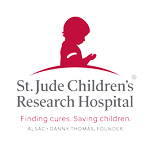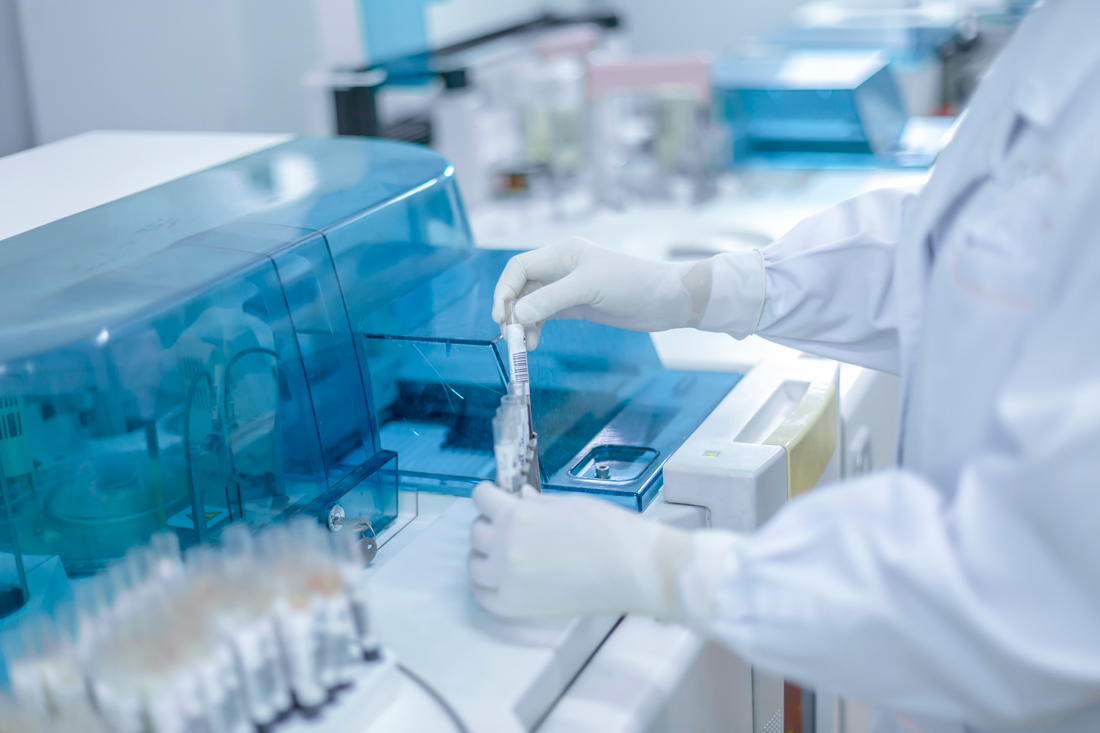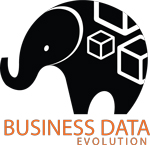Since last January, when we launched our AI for Health program, we’ve been dedicated to using AI and data science to help improve the health of people and communities worldwide. As we reflect on how the world has changed this past year due to the pandemic, we want to take a moment to shed light on the great work our grantee partners are doing to tackle some of the most difficult health challenges.
Our AI for Health program’s commitment is to empower grantees. To date, we have awarded over 180 grants in four areas of focus, which include accelerating medical research, increasing global health insights, addressing health equity and building research capabilities. Access to Microsoft’s technology such as Azure High Performance Computing, Azure Machine Learning, Power BI, Return to School Power Platform solution and the SmartNoise differential privacy platform have accelerated the progress made in grantee research.
You can see some of our grantee projects below as well as on the AI for Health website:
 BC Cancer is developing cancer imaging and treatment tools to improve detection and assessment of tumors in PET/CT images.
BC Cancer is developing cancer imaging and treatment tools to improve detection and assessment of tumors in PET/CT images.
Business Data Evolution uses AI to identify retinopathy of prematurity, a disorder affecting premature infants which can lead to blindness.
 Through the Cascadia Data Alliance, new regional data collaborations are focused on immune checkpoint inhibitors, diagnosing ovarian cancer types and genomic sequencing on breast cancer biopsies.
Through the Cascadia Data Alliance, new regional data collaborations are focused on immune checkpoint inhibitors, diagnosing ovarian cancer types and genomic sequencing on breast cancer biopsies.
The Flu Tracking Collaboration is a unique partnership across five organizations delivered new findings that track the prevalence of influenza-like illness based on online browsing data.
 Nationwide Children’s Hospital uses AI and Microsoft Kinect to examine infants to assist in the identification of developmental disorders.
Nationwide Children’s Hospital uses AI and Microsoft Kinect to examine infants to assist in the identification of developmental disorders.
 The Novartis Foundation developed an AI-enabled accelerator of leprosy detection and is now advancing AI-driven approaches to improve cardiovascular health and the health of populations in low-income settings.
The Novartis Foundation developed an AI-enabled accelerator of leprosy detection and is now advancing AI-driven approaches to improve cardiovascular health and the health of populations in low-income settings.
 In partnership with the OpenDP Initiative, Microsoft and Harvard launched SmartNoise, a general purpose open-source differential privacy platform.
In partnership with the OpenDP Initiative, Microsoft and Harvard launched SmartNoise, a general purpose open-source differential privacy platform.

SRL Diagnostics uses AI for histopathology to identify the severity of cancer in pathology images.
 Harnessing the power of Azure, St. Jude
Harnessing the power of Azure, St. Jude
Children’s Research Hospital scientists created
the largest cloud-based genomic resource for
pediatric cancer and a data-sharing model to
accelerate life-saving research.
 The UBC created Federated Learning that enables researchers to collaborate and improve models in a privacy-preserving, distributed data-sharing way.
The UBC created Federated Learning that enables researchers to collaborate and improve models in a privacy-preserving, distributed data-sharing way.
 UNOS is exploring AI to increase efficiency, effectiveness and equity in the organ donation and transplant system.
UNOS is exploring AI to increase efficiency, effectiveness and equity in the organ donation and transplant system.
Covid-19 research
Shortly after the launch of Microsoft AI for Health, Covid-19 struck, leading to a dramatic shift in the world as we knew it. Recognizing the global impact of this disease, the AI for Health program focus shifted to helping those on the front lines of Covid-19 research including a focus on:
- Data and insights to inform for people’s safety and economic impacts
- Treatment and diagnostics, enabling research to further the development of vaccines, diagnostics and therapeutics
- Allocation of resources, including recommendations on the allocation of limited assets, such as hospital space and medical supplies
- Dissemination of accurate information to minimize misinformation sharing
- Scientific research to study and understand Covid-19
Grantees to support this research include a range of disciplines including researchers, academia, policymakers and nonprofits leaders. We’ve awarded more than 150 grants toward their endeavors. Below are the latest grantees whose work is using AI and Azure High-Performance computing in partnership with our AI for Health data scientists and MSR researchers:
 The American College of Radiology will collaborate on research towards the explainability and generalizability of framework-supported AI models, and how these tools influence physician confidence levels.
The American College of Radiology will collaborate on research towards the explainability and generalizability of framework-supported AI models, and how these tools influence physician confidence levels.
 DNAstack launched Covid Cloud, a genomics open
DNAstack launched Covid Cloud, a genomics open
Azure platform, that is being used to provide
a clearer picture of the emergence and patterns
of Covid-19 variants.
 Eindhoven University of Technology researchers
Eindhoven University of Technology researchers
use Ansys computational fluid dynamics models running on Azure to analyze airflow patterns and examine how air purification systems can be used to reduce the spread of Covid-19.
Folding@home is using AI to discover how the SARS-CoV-2 spike binds to human proteins and novel binding sites that could be targeted with drugs.
 University of Illinois Urbana-Champaign researchers are using GPU-enabled computer systems in various ways including designing peptide inhibitors and simulating the SARS-CoV-2 spike protein in a crowded viral environment.
University of Illinois Urbana-Champaign researchers are using GPU-enabled computer systems in various ways including designing peptide inhibitors and simulating the SARS-CoV-2 spike protein in a crowded viral environment.
Los Angeles Unified School District launched the first comprehensive system in the nation that coordinates health checks, Covid tests and vaccinations all in one simple, easy-to-use tool.
 Morehouse School of Medicine is developing a ‘Return to School’ solution that includes dashboards for operational reporting and collaborating to explore more efficient testing.
Morehouse School of Medicine is developing a ‘Return to School’ solution that includes dashboards for operational reporting and collaborating to explore more efficient testing.
 Harnessing GPU-enabled cloud resources, University of California Riverside researchers used CRISPR-Cas12a genome editing tools to better detect the virus.
Harnessing GPU-enabled cloud resources, University of California Riverside researchers used CRISPR-Cas12a genome editing tools to better detect the virus.
 Organizations such as Washington State’s Department of Health and the Governor’s Office are creating Covid-19 data dashboards to track the disease.
Organizations such as Washington State’s Department of Health and the Governor’s Office are creating Covid-19 data dashboards to track the disease.
Also, for the past 12 months, we’ve created several interactive visualizations to provide transparency into Covid-19 trends globally as part of our pledge to support policymakers and the public.
The latest is a Vaccine Tracking dashboard that tracks toward the U.S. federal goal of 100 million vaccine doses in 100 days and allows for comparisons between U.S. states and countries. The dashboard’s standardized look at the vaccination progress can be explored, synced, saved and shared openly. This dashboard, produced in partnership with the Brown University School of Public Health, pulls from publicly available data from the Centers for Disease Control (CDC) to gather state-level figures on how vaccinations are progressing. Globally, the vaccination data is pulled from Our World in Data. This work builds on other dashboards we’ve created for Covid-19 cases, infection rates, hospitalizations and deaths.
Our grantees inspire and motivate us to continue our commitment and support against some of the world’s most complex health problems. We are humbled by their incredible efforts and honored to be part of their journey.




